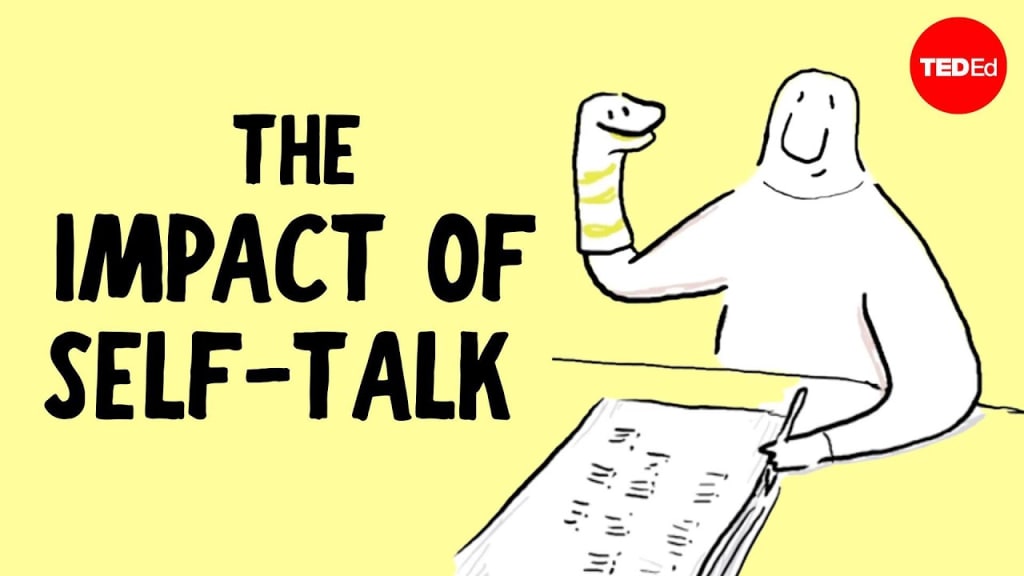
As your morning alarm rings out, you grumble, "Why did I set it so early?" While brushing your teeth, you ponder, "I need a haircut... or maybe not?" Rushing out the front door, you reach for your keys only to realize they're missing. Frustrated, you exclaim, "I can't get anything right!" just as you spot your neighbor. Being caught talking to yourself can feel embarrassing, and some people even consider it a sign of mental instability. However, decades of psychological research indicate that self-talk is entirely normal. In fact, most, if not all, individuals engage in some form of self-talk daily. So why do we talk to ourselves? And does the content of our self-talk matter?
Self-talk, also known as inner speech, refers to the internal narration within our minds. It differs from mental imagery or recalling facts and figures. Psychologists specifically define self-talk as verbalized thoughts directed toward oneself or aspects of one's life. This includes personal conversations like "I need to improve my free throw," as well as reflections such as "The gym is crowded tonight; I'll come back tomorrow." While much of adult self-talk occurs silently, speaking aloud to oneself also falls within this category. Notably, children often vocalize their self-talk as they play, with psychologist Lev Vygotsky suggesting that this speech is crucial for development. By rehearsing conversations they've had with adults, children learn to manage their behaviors and emotions independently, eventually internalizing this outward self-talk into a private inner dialogue as they mature.
Although the importance of internal self-talk is recognized for its role in planning, problem-solving, and motivation, studying it presents challenges. It relies on subjects consciously tracking a behavior that is often spontaneous and automatic. Consequently, scientists are still working to answer fundamental questions about self-talk, such as why some individuals engage in it more than others, which brain regions are activated during self-talk, and how this activation differs from normal conversation. Nevertheless, it's clear that the content of self-talk can significantly impact one's attitude and performance. Engaging in instructional or motivational self-talk has been shown to enhance focus, bolster self-esteem, and facilitate task completion. For instance, research on collegiate tennis players revealed that incorporating instructional self-talk into practice sessions improved their concentration and accuracy.
Just as conversing with a friend can alleviate stress, speaking directly to oneself may help regulate emotions. Distanced self-talk involves addressing oneself as if in conversation with another person. For instance, instead of saying, "I'm going to ace this exam," one might think, "Caleb, you are well-prepared for this test!" Studies have shown that this form of self-talk is particularly effective in reducing stress during anxiety-inducing tasks, such as public speaking or meeting new people.
While positive self-talk can be beneficial, negative self-talk can have detrimental effects. While occasional self-criticism is normal, excessive and persistent negative self-talk can be toxic. High levels of negative self-talk are often associated with anxiety in both children and adults. Moreover, individuals who habitually blame themselves for their problems and ruminate on negative situations are more likely to experience intense feelings of depression.
In the field of psychology, cognitive behavioral therapy (CBT) focuses partly on regulating the tone of self-talk. Therapists teach strategies to identify negative thought patterns and replace them with more neutral or compassionate reflections. Over time, these techniques can improve mental well-being. So, the next time you find yourself engaged in self-talk, remember to be kind. That inner voice is a lifelong companion.
stay curious.






Comments (1)
I talk to myself! This is well written! Fantastic 💌